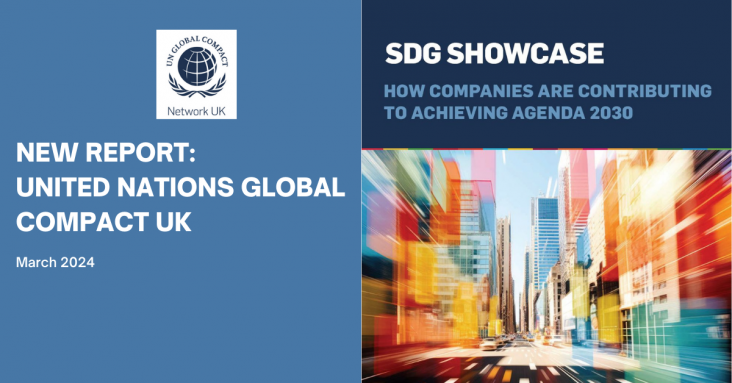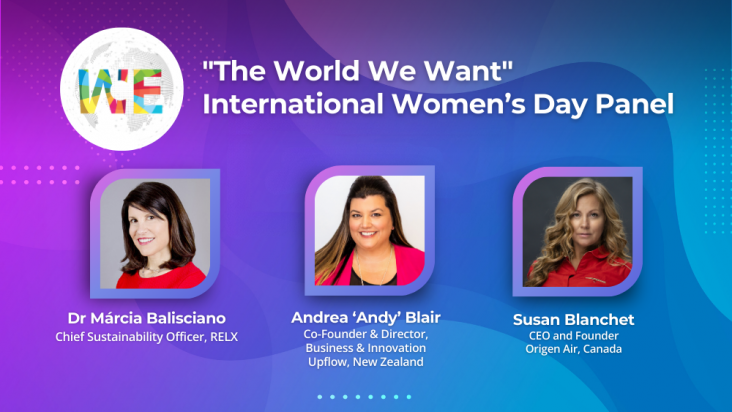Climate changes growing impact on human mobilityand the misleading narratives surrounding itcalls for nuanced research to clarify when mobility aids adaptation and its complex outcomes. Key priorities include integrating planning, addressing involuntary immobility and vulnerability, and ensuring policies respect diverse experiences, emphasizing choice and freedom of movement.
The study forecasts AI-based innovation's impact on SDGs in 22 countries from 2022 to 2030 using System Dynamics Modeling. In most of the 22 countries studied, AI-based innovation positively affects SDGs 1, 3, and 5. For half of the countries studied, AI-based innovation positively influences SDGs 2, 4, 6–8, 11, 13, and 16–17. AI-based innovation does not positively influence SDGs 10, 12, 14–15 for most countries studied.
This study aimed to systematically review recently published papers on CC and GWT, determine the impacts of CC on GWT, and highlight the possible consequences.
Dynamic Aquaria (Fourth Edition) - Chapter 13: Community structure: Biodiversity in model ecosystems
Dynamic Aquaria, Fourth Edition: Building and Restoring Ecosystems and the Biosphere, 2024, pp 167-180
This chapter advances the UN SDG goals 13 and 14 by reviewing how to calculate species count in a high-veracity ecosystem model for use in climate resilience and aquatic conservation settings.

In recent years, increased expectations from investors, regulators, employees, and customers have put significant pressure on companies to increase their sustainability efforts.
The Sustainable Development Goals (SDGs) are not just another sustainability framework, but the only universally agreed blueprint to turn meaningful ambition into transformational change. However, businesses report difficulties in integrating the SDGs into their core strategies and in understanding, reporting, and managing their impact on the Goals.
From 2019 to 2022, a nationwide project funded by the GEF built and strengthened mechanisms to help conserve agrobiodiversity, and one of the territories chosen was the Purhépecha region (Michoacán). This paper systematises the project's impacts in the TASs of Michoacán and rescues the critical methodological elements that served for its successful implementation.

Launched in 2018, the WE Empower UN SDG Challenge is a first-of-its-kind global competition for women entrepreneurs who are advancing the UN Sustainable Development Goals.
Seawater is an important CO2 sink and a promising avenue for removing CO2 from the environment. Here, an economically viable alternative to existing CO2 capture technologies is proposed, based on a reversible pH-shifting sweater process.

This International Women’s Day, 8 March 2024, join the United Nations in celebrating under the theme Invest in women: Accelerate progress. In this special episode of RELX's "The World We Want" series Dr Márcia Balisciano, Chief Sustainability Officer, is joined by guests Andrea "Andy" Blair, Co-Founder and President of New Zealand based geothermal research and innovation company, Upflow and Susan Blanchet, Founder and CEO of Origen Air. Both Andy and Susan are two of the 2023 awardees of the WE Empower UN SDG Challenge.

In this episode of the "World We Want" podcast, Márcia Balisciano interviews Lene Bjorn Serpa, Director, Head of Corporate Sustainability & ESG, A.P. Moller - Maersk. They discuss how her work at Maersk aligns with the United Nations sustainable development goals and how companies can contribute to a positive change by engaging with sustainability from a corporate standpoint.
